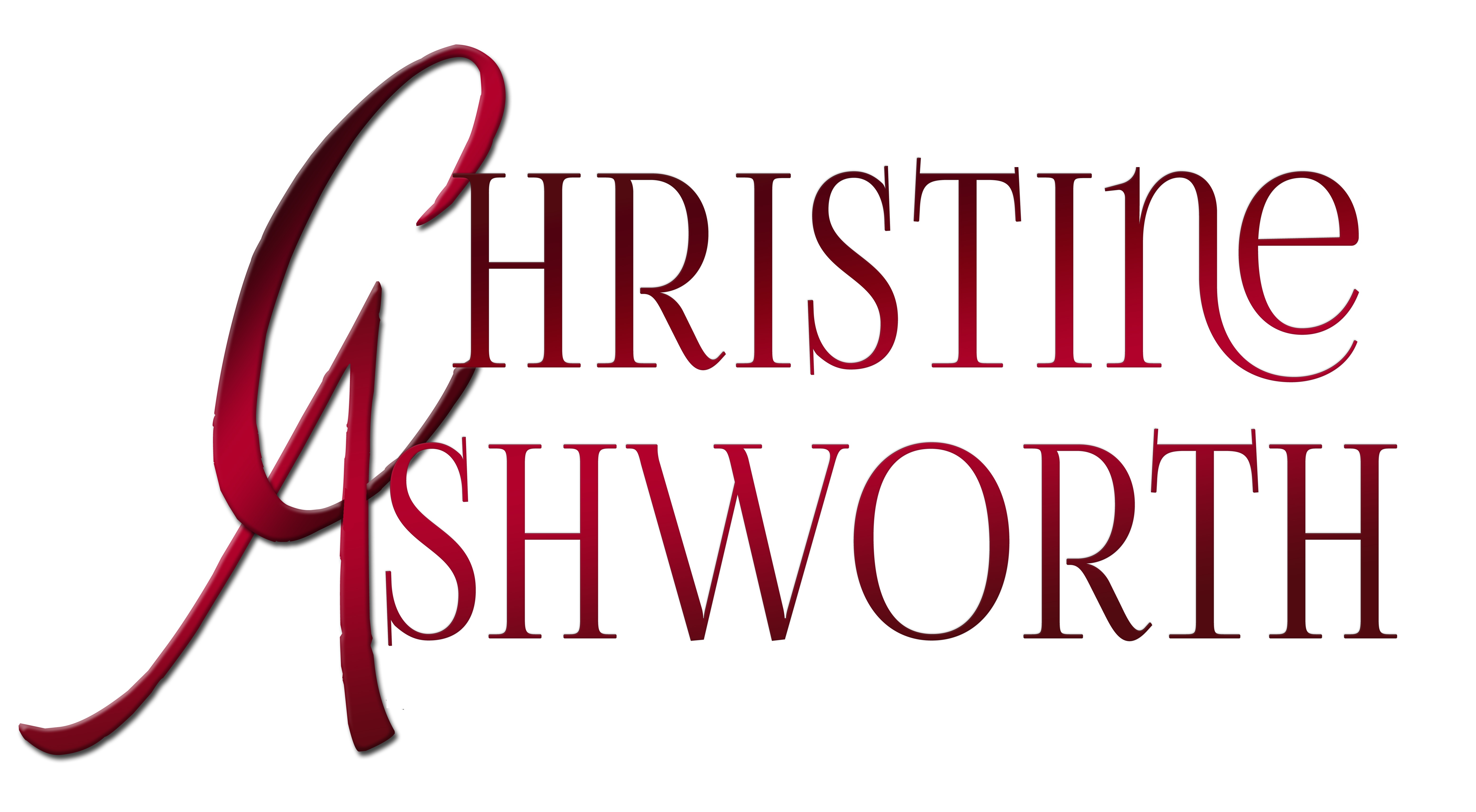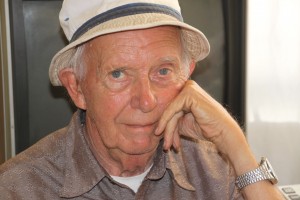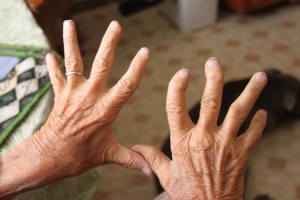Chet Cunningham
Okay, so. On Sunday, as my last post here said, Tom (the hubs) and I went to see my Daddy and to work in his garden. Well, Tom worked in the garden. I interviewed my dad. See, there’s a lot I never knew/don’t remember/mom never told me. And now mom is gone (6 years in April), so she can’t talk to me.
So I’m interviewing my Dad, Chet Cunningham, every time I go down to see him now. About everything I can think of/dare to ask (and there are some areas I haven’t even considered broaching yet, but I’ll get there). Here it is (and here’s a picture).
Interview No. 1.
Me: So, Daddy. How did you become a writer?
Chet Cunningham: The stock answer is in high school, I had an essay test in English on a book I don’t remember now. I wasn’t too sure of the answer, so I wrote down everything I could remember. Got an A on the paper, and an A in the class. And I said, hey, this writing thing is easy.
Me: I had to laugh at this, because I learned in the 8th grade (history I think) that I could ACE essay tests. Who knew that’s where I got it from?
Me: What happened next?
CC: I signed up as a journalist major with Pacific University in Forest Grove, Oregon. But I didn’t pass the English test, so I got put into bonehead English. And the professor in charge of Journalism said, you can’t be a journalism major if you’re in bonehead English. I said to him, by the way, I’ve sold a couple of articles to the Portland Journal. He said to me, selling a couple articles doesn’t make you a journalist.
Now, the emphasis in the classes I was taking was toward working on a newspaper, but I wanted to write for magazines.
Me: What was your first writing job?
CC: A buddy of mine, Hans Running and I, had a photography business during college. A way to make some extra money. He saw that the Central Oregonian was looking for a reporter, I applied, and I got the job. I graduated, then two months later, I got drafted.
Me: That would be for the Korean War, right?
CC: Right. After I came home, I applied to Columbia University to the Master’s Program in Journalism.
Me: Wow. What was Columbia like?
CC: Fast and furious. One of my professors told all us new kids to be sure go do the tourist stuff. Go to the Empire State Building, the Statue of Liberty, the museums, see a play or two or three on Broadway, walk in Central Park. Do it while you’re here, because you may never get back. So Rosie and I did all the touristy things.
It wasn’t until later that I found out the college was reaching out to as many states as possible for students, and I was the only student who applied from Oregon. Columbia is also where I learned to never, never, never use the word “very”. It’s the weakest word in the English language.
Me: I remember you telling me that years ago. Okay, let’s skip ahead. You wanted to be a writer, and you wrote. What kind of writers’ books did you read? Any craft books?
CC: No.
Me: *totally shocked* No?
CC: No. I wasn’t brought up to read. That wasn’t how I learned the best. So I just wrote.
Me: But you wrote westerns. Your first western – you sold Bushwhackers in the Circle K in 1968.
CC: I got a grand total of $300 for it, too. I decided to learn how to write westerns – my dad by that time was reading lots of Louis L’Amour. So I read all I could, and marked them up, and wrote the book. And sold it. The editor, he said, “Well, it’s not the best book I’ve read, but I’ll buy it.”
Me Again.
So there you have it. My dad, Chet Cunningham, who’s had over 300 novels published not to mention all his non-fiction books, has never read a writing craft book. This was so illuminating to me. Why?
I’ve read many books on writing. The best ones, in my opinion, don’t tell you what to do, but just keep encouraging you to do it. The War of Art by Pressfield, for instance, or On Writing by Stephen King.
I’ve read books, taken how-to classes, learned different story structures, and all of them seem to tie me up into over-writing paralysis. For instance, I can’t even begin to use Donald Maas’ “Writing The Breakout Novel” way to write. It tangles me up in knots and I can’t do it. It’s not for me. It might work well for you, and that’s terrific.
I wrote a synopsis based on Blake Snyder’s Save The Cat, and guess what? TOO MUCH PLOT. Okay, maybe that one will work for a single title, but not a shorter novel. And then I remembered something else my dad taught me, years ago when I had just begun to write. I asked him how he structured his synopses.
He said, just tell the story in first person, present tense on the page. Don’t use too many pages, don’t tell too many little details.
Brilliant advice, Daddy.
Did I mention he’s got arthritis?
~~~
Do you have any books on writing that really worked for you? How about ways of plotting? Please share!
~ Until the next time, cheers! ~
~oOo~
Demon Soul and Demon Hunt are all available for the Kindle and Kobo! Have you fallen into the Caine Brothers’ world yet?




Great interview! I always want to pick other writers’ brains about the creative process. As for books that I use, I’ve used Complete Writer’s Guide to Heroes and Heroines: Sixteen Master Archetypes, by Tami Cowden and friends, as well as Self-Editing for Fiction Writers, Second Edition: How to Edit Yourself Into Print by Renni Browne and Dave King the most. I have others on my bookcases, but otherwise haven’t turned to them that much. In my earlier days, when I was trying to figure out structure, I devoured GMC by Deb Dixon.
Kate, I’ve read those books. Waaay back when, for a couple of them; and I keep them on my bookshelf. But I can’t remember the last time I opened them… Thanks for dropping by, hon!
It must be great to learn more about your dad.
My dad still thinks his grown up daughters are still young kids, so I’m not sure how he’d react to me sitting down to interview him.
Emma, it helps now that I’m over 50. But you could always try the “I want to have your memories to share with the rest of the family.” You never know – and our parents’ history is gone when they go, if we don’t try to preserve a part of it. Good luck!
I’m going to sit both my parents down over the weekend, put on the kettle and get talking.
Thanks, Christine.
You are so welcome, Emma! Sending you hugs – make sure you take good notes, or at least have a digital recorder handy. You won’t regret it!
What a nice post interviewing your dad.
Each of my books have come about in a different fashion. I can’t say one is better than the other, and none of them involved ‘how to’ books. I did take writing style (chapter length and point of view) from some of my favorite authors.
Kathy, my first several books were written without having read any how-to books. ALL my knowledge of style was originally taken from the reading I’d done! Cheers hon!
Will look forward to reading more about your dad as you interview him!! Right now, I’m going to do a word search of my manuscript for the word “very”.
LOL Taris – I know, right? I almost always do a search on that word because of my dad!
What a nice article. I’ve been writing for years and I still haven’t finished a book. I read every “how-to” book and took every class and I finally realized they didn’t help. I’ve spent too much time changing my stories. It’s nice to hear when someone agrees. The writing style classes did help but I had too many to remember which ones did help.
Katie, I think at some point we just have to let everything we learned through books and classes recede from our brain (or settle down deep) so we can just write without thinking too hard about it. Overthinking the “rules” can definitely lead us down the garden path. Good luck on finishing a book! Pick one that you love and just do it. Hugs hon!
So interesting, Christine. Loved the interview. Hey – I think those fingers fit perfectly on the keyboard. Does your dad write on a computer or typewriter? He’s a pistol.
Lynne, he uses a computer. His keyboard is so old, all the letters are worn off! It’s hysterical – next time I’m down there, I’ll take a photo of his desk and his office. Cheers hon!
Your dad’s words tie in to what my writing mentors were saying at a recent workshop. We all know story – our families read to us, and then we start reading. As little kids, we tell stories. Then, if we have the inclination and desire, we start writing stories down. That’s how we practice – by trying out new stories. Where we get fucked up is when people tell us we’re doing it wrong, that we have to think critically before we write, when writing is a creative process.
The “how-to” writing books are great for putting tools in our subconscious toolbox to enhance our ability to tell a story, but for me, they absolutely get in the way of story. Books like The War of Art are useful to me because they help shut out the critical voices that get in the way of my telling the story. I find workshops useful in the same way as the how-to books – I listen, I absorb, and sometimes a a tidbit here or there gives me an “a-ha!” moment that ramps up my abilities a little (but only if I then put it into practice).
I think your dad had the right idea: He wanted to write Westerns, so he read a bunch (subconsciously absorbing the format, tropes, etc.), and then he just sat down and wrote the story he wanted to tell. It’s fascinating to me that the editor said it wasn’t the best book ever (of course it wasn’t, because your dad hadn’t had much practice), because clearly the story was compelling enough to get past any writing bobbles.
I’m looking to hearing more stories about your dad – what a wonderful way to connect with him! 🙂
It’s funny. My dad wasn’t brought up to read – he was the youngest of a farm family. They were out in the fields, not sitting on their hands reading (so to speak). No time for reading except what you needed to get through school. But he made darned sure his kids were not only brought up to read, but LOVED to read. Cool, huh?
That is cool. My own dad wasn’t a reader, although my mom was. My grandmother and mom read to me until I could read on my own (although I think I let my mom continue to read to me, because it was comforting) – I was reading The Bobbsey Twins on my own at about age 6 and Nancy Drew by 8.
Even if your dad wasn’t allowed to read outside of school, it’s clear he still had a deep love of story. Did his siblings tell him stories as they worked? Or maybe he told himself stories. (I did that when I was bored/couldn’t sleep.)
I’m glad he passed that love on to you. 🙂
Dayle, it’s not that he wasn’t allowed to read outside of school – there wasn’t time, it was the depression, and every hand was needed to work. Even when he decided to write, he was never a big reader. Kind of weird, huh? But he and my mom made sure that we had books, all the Dr. Seuss to start with. We were all accelerated readers in grade school.
Nah, I doubt he ever had a deep love of story – I can truly say he probably thought making a living writing was easier than farming. Much less damaging on the body, as well. And it is, lol!
Loved the interview with you dad. I can see how it shaped you, growing up in a family where creativity was valued!
Awww – thanks, Sam! Yeah, it was a fun way to grow up.
Bird by Bird is the only writing book that I know has helped me. The Artist’s Way is one that has gotten me started again after a a dry spell. Your dad’s advice to write is probably the best advice out there.
Maria, I do like Bird by Bird. I have a couple more that I enjoy reading, but for the most part I stay away from them now. Yeah – my Dad rocks, lol!
Love that you interviewed your Dad. I so wish I’d done that with my parents who are now gone. One thing my daughter asked when she started scrapbooking was for Hubby and I to write down our family stories for her. I have done a few of mine, my grandmothers, my Dad’s, but have a long way to go.
I would so love to see the pictures of your Dad’s office.
Pat, I promise – the next time I get down there, I’ll get a photo of his office. Cheers hon!
What a lovely interview! I have to recommend your dad’s books to my dad. He worries that good westerns are too hard to find 🙂
I think I have read more how to books in the past year than actually novels and I’ve had to put a stop to it. I can’t really say how much I use from each book I’ve read, but I do love hearing about other writing processes.
Thanks so much for sharing!
Melinda
Thanks, Melinda! Dad wrote the Gold Wagon series, and Pony Soldiers; there were a couple other series but I don’t remember them off hand. I’ll look them up for you and give you a holler. Thanks so much for stopping by!
What a touching interview with your dad. You’re making me teary eyed. How cool that your father is also a writer and to share that connection. My father also has arthritis, and I can’t imagine the difficulty/pain of writing with it.
JL, it totally amazes me, the way he makes do. Plus he never complains (about his hands, that is). No, seriously, he almost never complains. He’s a gentle soul, and the best man I know. Hugs honey!